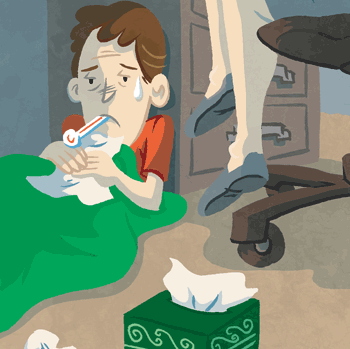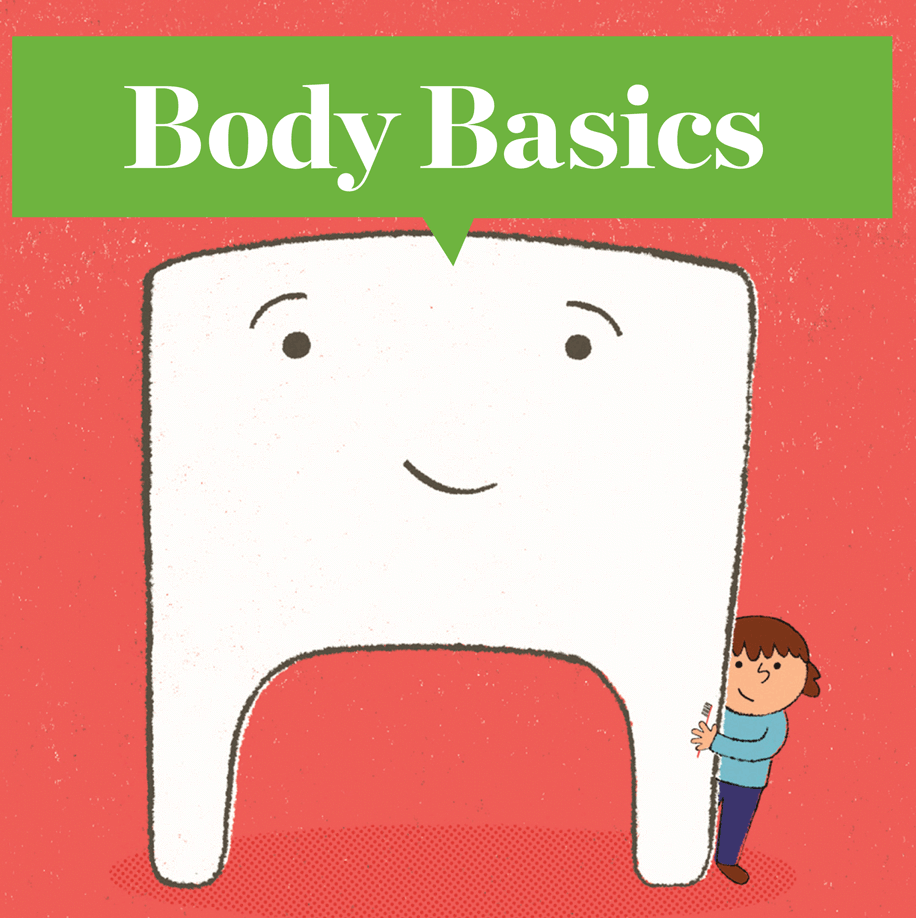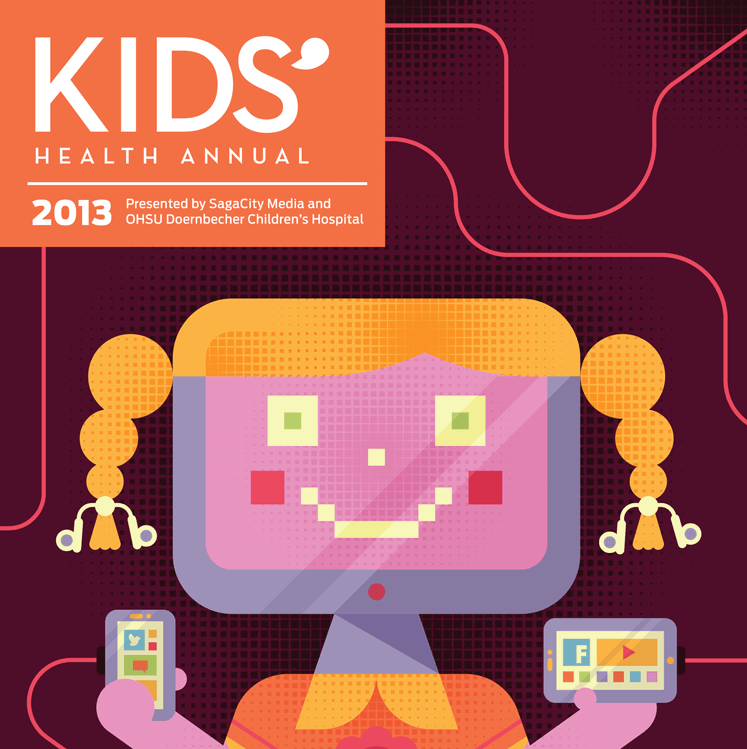Myths and Misconceptions About Life-Saving Vaccines

Image: Courtesy Shutterstock
A baby spends months in the ICU. A teen has seizures for three straight days. Another child dies in the hospital. What made them sick? Whooping cough, chicken pox, and bacterial meningitis, all preventable by vaccines.
There’s plenty of vaccine information out there, much of it contradictory or from celebrities with no medical background. Who’s a parent to trust? Judy Guzman-Cottrill, a pediatric infectious disease specialist at OHSU Doernbecher Children’s Hospital, explains how vaccine schedules—what shot to give and when—are developed and dispels some common myths.
“When a vaccine is added to the schedule, it’s undergone extensive research,” Dr. Guzman-Cottrill says. “When manufacturers create vaccines, they conduct rigorous studies of safety and effectiveness. The Food and Drug Administration reviews those studies, sometimes sending vaccines back for more tests.”
Once the FDA approves a vaccine, a group called the Advisory Committee on Immunization Practices makes a recommendation to the Centers for Disease Control and Prevention about who should get it and when. These age recommendations take into account when kids are at the highest risk of contracting the disease and when the disease is likely to do the most damage.
“Despite years of research on vaccine safety, there are still myths, such as that the MMR vaccine causes autism,” says Dr. Guzman-Cottrill. “Several well-conducted studies have proved that it doesn’t, and the doctor who claimed this was discredited. I know parents who never vaccinated because of autism concerns—and their children have autism.”
Another misconception is about thimerosal, a preservative based on ethyl mercury. “It’s eliminated from the body and is not the same as the methyl mercury found in the environment,” says Dr. Guzman-Cottrill. “But to maintain high immunization rates, virtually all vaccines are now mercury-free.” Recently, Dr. Guzman-Cottrill treated a child with a serious infection from chicken pox. “His mom said he didn’t get the vaccine because of mercury in the preservatives. She had no idea it was taken out years ago.”
When a vaccine is added to the schedule, it’s undergone extensive research.
“Parents are afraid vaccines might be harmful,” says Dr. Guzman-Cottrill. “They don’t see what infectious diseases do to beautiful, healthy children.”
Some diseases seem long ago and far away, but with global travel visitors from other countries can bring these infections to kids who never leave home. Dr. Guzman-Cottrill suggests asking parents and grandparents what measles, whooping cough, and other infectious diseases were like before vaccines.
“When the polio vaccine came out, parents stood in line for hours because they’d seen so many children become debilitated or die,“ she says. “In the US, kids don’t suffer and die in those numbers anymore. We’re very lucky.”
If you have questions about vaccinations,
talk to your pediatrician or call 503-346-0640.













